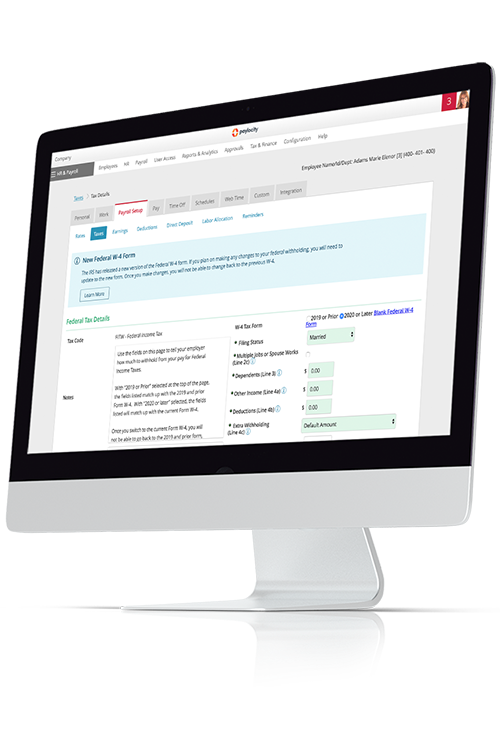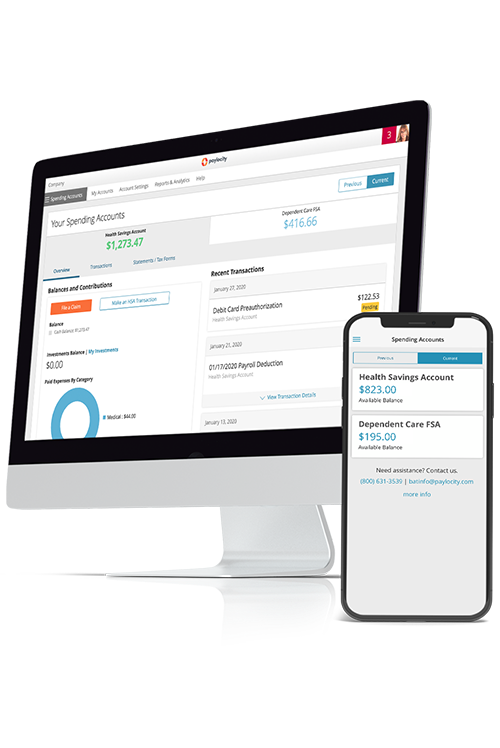State Disability Insurance (SDI)
Summary Definition: A government-run program that gives short-term disability benefits to employees unable to work due to an illness or injury unrelated to their job.
What is State Disability Insurance (SDI)?
State Disability Insurance (SDI) is a state-based program that provides short-term disability benefits to workers who are unable to work due to a non-work-related injury, sickness, or disability.
Sometimes called Temporary Disability Insurance (TDI), these programs are funded by payroll taxes, some of which are split between the employee and employer.
Key Takeaways
- SDI is a state government program that provides short-term disability benefits to employees who can’t work due to an injury or disability unrelated to their job.
- Only five states (California, Hawaii, New Jersey, New York, and Rhode Island) and Puerto Rico currently have an SDI program.
- Each program’s details vary, but they all provide some level of limited wage replacement to eligible employees.
What Qualifies for SDI Benefits?
As with most aspects of each program, the requirements for a condition to qualify as a short-term disability vary by state. Eligible conditions usually include:
- Debilitating illnesses that last several days and make working impossible (e.g., pneumonia, COVID-19, etc.)
- Recovery from an invasive and medically necessary surgery
- Childbirth
- A disabling accident (e.g., a motorcycle collision)
One common characteristic is that the disability can’t be related to the employee’s job, as those are instead eligible for worker’s compensation.
Another common trait is using a “base year” to determine if an employee reaches eligibility requirements. Generally, a base year is the first four of the last five consecutive calendar quarters before the disability occurs.
Do All States Have SDI?
No, in fact, only a handful of them have a State Disability Insurance law that provides coverage to eligible employees.
California SDI
|
Eligibility |
Tax Rate & Wage Base Limit |
Contributions |
Wage Replacement |
|
Earned at least $300 in the base year. |
1.1% of an employee's total wages (i.e., there is no wage base limit) |
Employee only |
60%-70% (up to $1,620 a week for 52 weeks) |
California’s SDI program is administered by the Economic Development Department (EDD). The state allows employers to voluntarily provide short-term disability benefits as well, but the private plan the employer uses must have EDD approval.
Hawaii TDI
|
Eligibility |
Tax Rate & Wage Base Limit |
Contributions |
Wage Replacement |
|
Earned at least $400 a week working 20 hours a week for at least 14 weeks in the prior year. |
Up to half the cost of the premium, but no more than 0.5% of an employee’s weekly wages up to $1,318.48. Employers pay the rest. |
Split |
58% (up to $765 a week for 26 weeks) |
Administered by the state’s Disability Compensation Division (DCD), Hawaii’s TDI program requires the disability to prevent the worker from performing their regular duty and be treated by a licensed medical professional.
New Jersey TDI
|
Eligibility |
Tax Rate & Wage Base Limit |
Contributions |
Wage Replacement* |
|
If claim is based on 2023 earnings, one of the following:
If claim is based on 2024 earnings, one of the following:
|
Rates vary (0.10% - 0.75%) based on the type of employer, but only up to the first $161,400 of the employee’s annual wages. |
Employer only |
85% (up to $1,055 a week for 26 weeks) |
The state Department of Labor and Workforce Development (DLWD) oversees New Jersey’s TDI program, which may require employees to use paid sick time before applying for disability benefits.
New York Disability Benefits
|
Eligibility |
Tax Rate & Wage Base Limit |
Contributions |
Wage Replacement* |
|
Worked at least 50% of full-time hours and earned at least $15,000 in the prior year. |
Up to 0.5% of an employee’s entire wages, but no more than $0.60 a week. Employers pay the rest. |
Split |
50% (up to $170 a week for 26 weeks) |
The Worker’s Compensation Board (WCB) governs New York’s short-term disability benefits, which are cash-only and subject to Federal Insurance Contributions Act (FICA) taxes.
Rhode Island TDI
|
Eligibility |
Tax Rate & Wage Base Limit |
Contributions |
Wage Replacement* |
|
Earned $2,800 in a quarter, taxable wages at least 1.5 times the highest quarter of earnings, and total taxable wages of at least $5,600 during the base year, or earned $16,800 total during the base year. |
1.2% of the first $87,000 in annual wages. |
Employee only |
4.62% (up to $1,043 a week for 30 weeks) |
Overseen by the state’s Department of Labor and Training (DLT), Rhode Island’s TDI benefits replace up to 4.62% of the wages the employee earned during the highest-earning quarter from four of the prior five calendar quarters before the disability began.
Puerto Rico SINOT
|
Eligibility |
Tax Rate & Wage Base Limit |
Contributions |
Wage Replacement* |
|
Earned at least $150 in the base year. |
0.6% of the first $9,000 in the employee’s annual wages, of which employers must pay at least 0.3%. |
Split |
Varies (up to $55 (agricultural workers) or $113 (industrial workers) a week for 26 weeks) |
SINOT is the acronym for “Seguro por Incapacidad No Ocupacional Temporal,” the Spanish translation of “Temporary Non-Occupational Disability Insurance.” The specific wage replacement rate for eligible employees varies based on the level of wages the employee earned during the base year.

